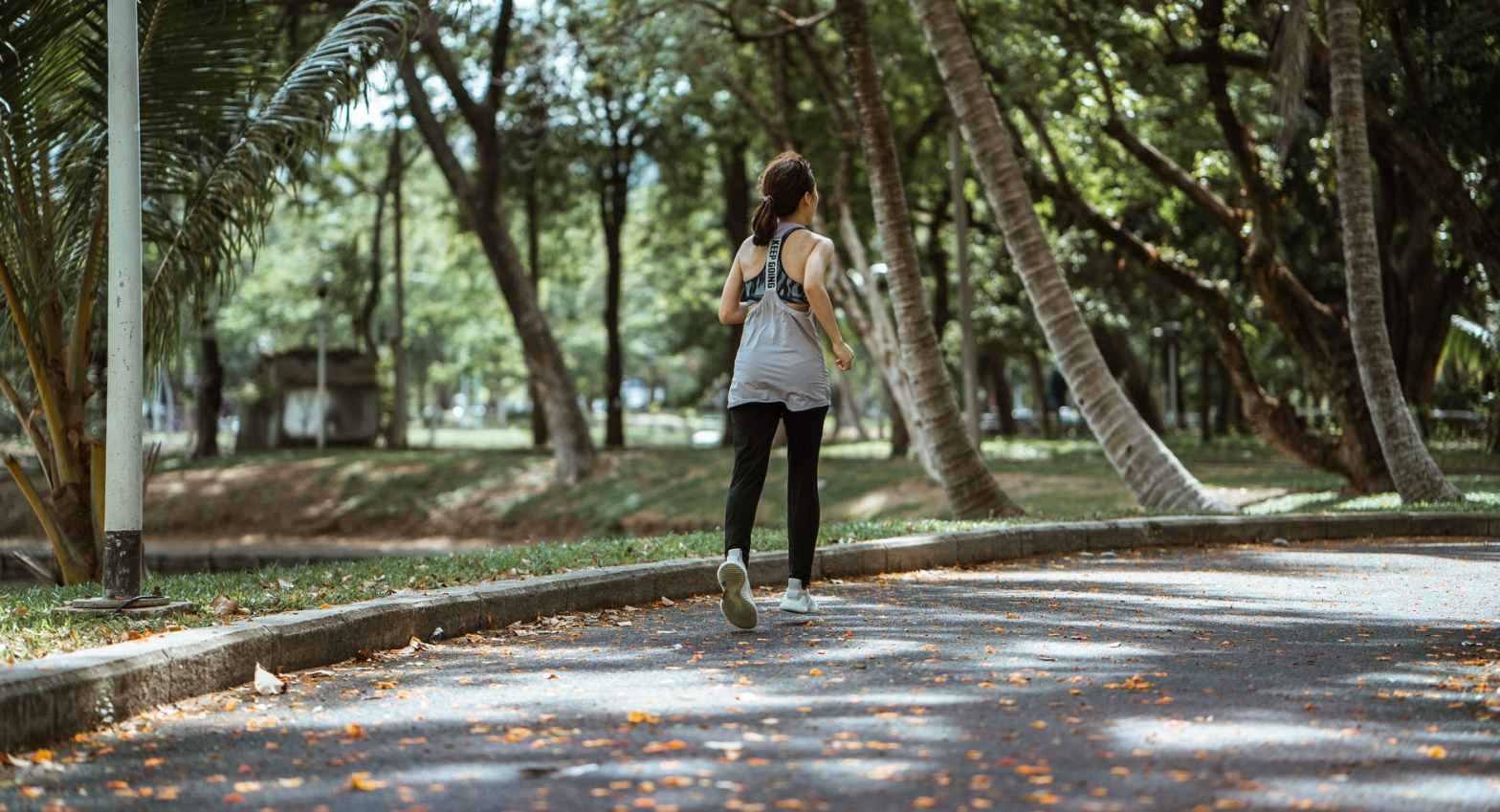You have likely heard it many times before: the importance of being physically active for overall health and wellness. As a kinesiologist by profession, I help individuals on a daily basis by using exercise as treatment for physical concerns, and as therapy to improve various chronic health conditions. However, what many people don’t realize is that kinesiologists can also offer strategies for those struggling with mental health, including opportunities to lead a more active lifestyle and benefit from being physically active. Staying active is so important in these times of mental stress and anxiety brought on by the COVID pandemic. So this is your reminder that improving your physical health will help you maintain and improve your mental health as well.
Start with 10 minutes a day.
If you are new to exercise, and still on the fence about it, a great starting place is just committing to 10 minutes a day of physical activity. You could walk, bike, jog, stair climb… pick an activity and JUST START! Choose a pace that works for you, making sure the effort is tolerable, and doesn’t cause you to feel too short of breath. And that’s it. Commit to this 10 minutes a day routine, and begin to notice how you feel. Notice any changes to your mood, your energy, your outlook…. I’m almost certain you’ll start to notice positive changes, and might I say, even look forward to physical activity and have a desire to do more!
While many people do rely on medication for management of mental health such as depression or anxiety, others may lean on drugs and alcohol to cope with stress. The Canadian Kinesiology Alliance has noted in recent research studies that about 40% of Canadians have experienced a decline in their mental health since the pandemic started. The concept of using exercise as a tool to improve our mental health is becoming increasingly important.
Physical activity can help promote good mental health.
Several studies show about a 26% decrease in the odds of becoming depressed for each major increase in physical activity. An example of an increase in physical activity could be replacing 15 minutes of sitting with 15 minutes of running. Or perhaps replacing one hour of sitting with one hour of a moderate activity such as brisk walking. Studies show that running for 15 minutes a day or walking for an hour reduces the risk of major depression. It’s amazing to think that simply making an effort to move more throughout the day, actually improves your mood and reduces feelings of depression!
Through research, we now know that with respect to depression, genes are not destiny. Being physically active has the potential to hinder the added risk of future depressive episodes in individuals who are genetically vulnerable, and on average about an extra 35 minutes of physical activity a day can help protect against these future episodes of depression. Interestingly, both higher intensity forms of activity such as aerobic exercise, dance, and strength machines, and lower intensity forms of activity such as yoga and stretching, are linked to decreased odds of depression. The bottom line is that any kind activity is great activity, and you’ll still reap the benefits of physical movement.
Mental health is more than being happy all the time- it’s about feeling good about who you are, having balance in your life, and managing the highs and lows of life. When we understand and work with our emotions, this helps protect our mental health, during difficult times like the pandemic and throughout all stages of life. And when we understand how we’re feeling, we’re better able to understand and empathize with others too, creating a circle of support and acceptance. I encourage you to share these benefits of being physically active with others that may need it, and be sure to make regular exercise a habit for yourself as well!
Always,
Paula
